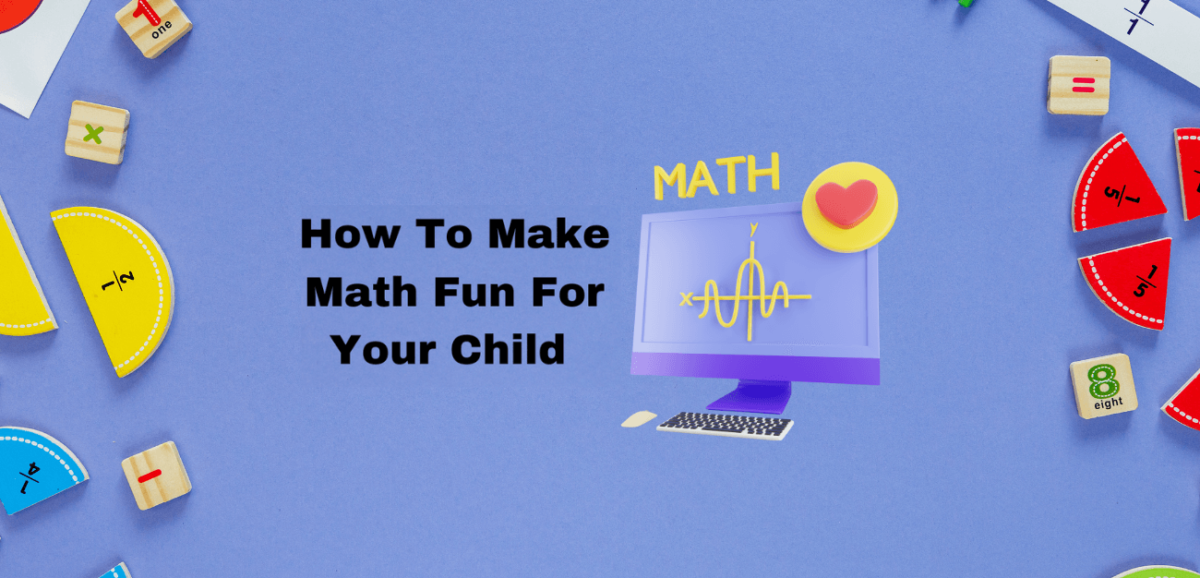Do you feel like your child is falling behind in the mathematical world? Mathematics can be a tricky concept for students, but identifying signs early on that they are struggling can really set them up for success in the future. There’s no need to worry if your child is having difficulty understanding certain concepts because […]











